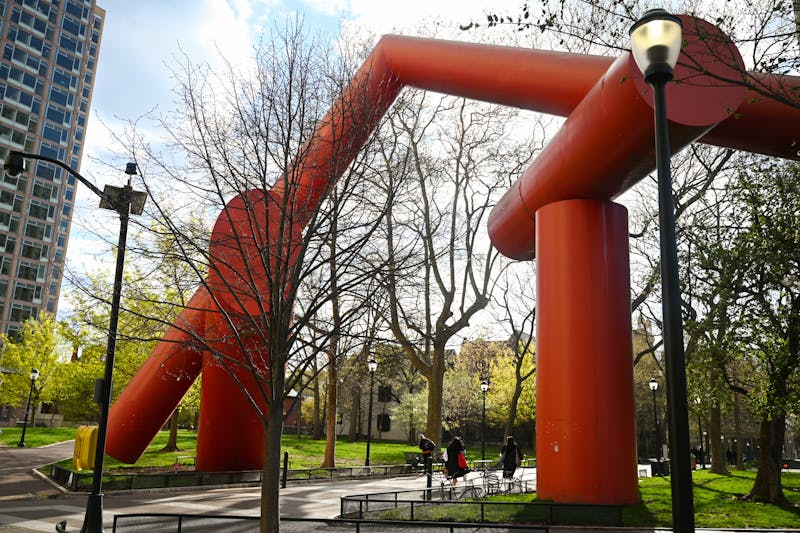
A Penn study found that undergoing a "Collective Blame Hypocrisy" intervention is effective in reducing anti-Muslim sentiment, Penn Today reported.
In the study, conducted by the Annenberg School for Communication, white participants were separated into an experimental group and a control group. Both groups read descriptions of the 2015 Islamic State-led violence in Paris along with the biography of a Muslim woman — unaffiliated with the Islamic State — who owned a bakery in the nearby area. The researchers found that participants in the experimental group were less likely to blame all Muslims for terrorist attacks after reading about terror committed by white Europeans.
Members of the control group rated on a 100-point scale — zero being not responsible and 100 being very responsible — how responsible they believed all Muslims were for the crime, while members of the experimental group first went through additional procedures with the goal of curbing their collective blame tendencies.
The experimental group first read descriptions of three different terrorist attacks committed by white Europeans and rated how responsible they felt all Europeans were for the crimes, as well as how much they individually were responsible for the attacks. They then read about violence committed by the Islamic State and the accompanying biography, which the control group also read.
Though members of the control group responded with scores primarily around 40, the experimental group found Muslims significantly less responsible for terrorist attacks, rating them closer to 10. The reduced anti-Muslim sentiment remained even a year later when the experimental group participants were asked again about their beliefs.
Emile Bruneau, director of Annenberg's Peace and Conflict Neuroscience Lab and a leader of the study, said he became interested in this research as a way to "reduce marginalization, hostility, conflict, and violence."
“I want us, as a community, to spend our time and resources on the most efficient programs, to identify and build interventions that are effective at reducing racism, Islamophobia, xenophobia, and to critically evaluate the interventions to see which work,” Bruneau told Penn Today.
There have also been student-led efforts on Penn's campus to combat misconceptions of the Islamic community.
The Muslim Student Association hosts an annual week-long “Islamic Discovery Series” where they organize events and invite speakers to spread awareness about their faith beyond its portrayal in Western media.
Renowned Muslim speaker and author Yasmin Mogahed spoke at the event last year, attracting over 100 students from universities around Philadelphia. Past events as part of the MSA's Islamic Discovery Series have included a "Meet a Muslim" event in Houston Hall and on Locust Walk to combat misunderstandings of Muslim people.
The Daily Pennsylvanian is an independent, student-run newspaper. Please consider making a donation to support the coverage that shapes the University. Your generosity ensures a future of strong journalism at Penn.
Donate







